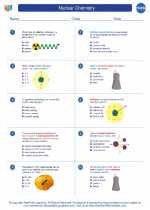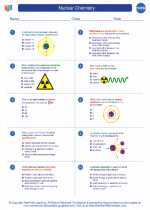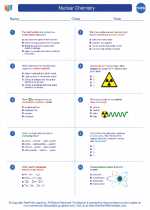Intestines
Overview
The intestines are a vital part of the digestive system, responsible for the breakdown and absorption of nutrients from food. There are two main sections of the intestines: the small intestine and the large intestine.
Small Intestine
The small intestine is where most of the digestion and absorption of nutrients takes place. It is made up of three parts: the duodenum, the jejunum, and the ileum. The walls of the small intestine are lined with tiny finger-like projections called villi, which increase the surface area for absorption of nutrients.
Large Intestine
The large intestine, also known as the colon, is responsible for absorbing water and electrolytes from the remaining indigestible food matter and forming it into feces. It consists of the cecum, colon, rectum, and anus.
Functions
The main functions of the intestines include:
- Digestion of food
- Absorption of nutrients
- Formation of feces
- Regulation of water and electrolyte balance
Common Disorders
Some common disorders of the intestines include:
- Constipation
- Diarrhea
- Irritable Bowel Syndrome (IBS)
- Crohn's Disease
- Ulcerative Colitis
Study Guide
To effectively study the topic of intestines, consider the following key points:
- Understand the structure and function of the small intestine and the large intestine.
- Learn about the process of digestion and absorption of nutrients in the small intestine.
- Explore the role of the large intestine in water and electrolyte balance.
- Review common disorders of the intestines and their symptoms and treatments.
- Utilize diagrams and illustrations to visualize the anatomy of the intestines.
By focusing on these key points, you can develop a comprehensive understanding of the intestines and their importance in the digestive system.
.◂Chemistry Worksheets and Study Guides High School. Nuclear Chemistry

 Worksheet/Answer key
Worksheet/Answer key
 Worksheet/Answer key
Worksheet/Answer key
